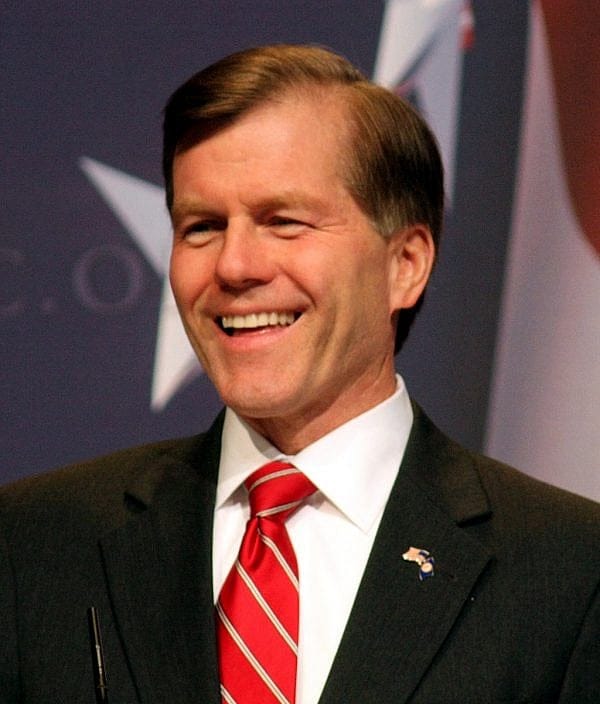Corruption Cases Fit Pattern of Prosecutorial Overreach

One way to make sense of the onslaught of political corruption investigations and prosecutions in recent years is to understand it as our legal system trying to draw the line between political misbehavior that is merely shady and that which is outright criminal.
Instead of looking at each of these cases in isolation, it makes more sense to see them as a pattern — and one that should provide some at least limited reassurance to President Donald Trump, Prime Minister Benjamin Netanyahu, and their supporters.

